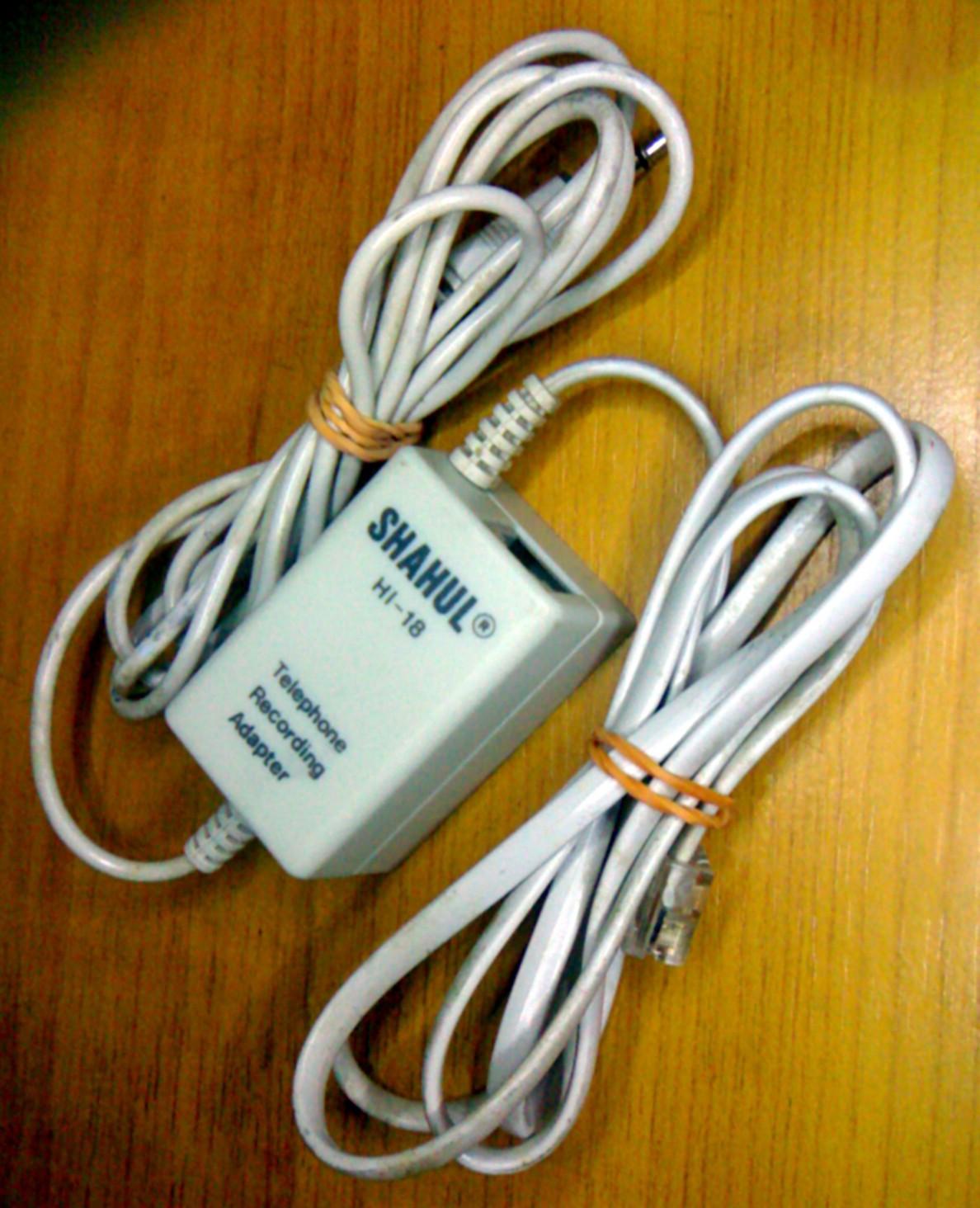Arizona prosecutor violated federal law by not personally reviewing wiretap warrants
A federal appellate court has ruled that the office of Maricopa County District Attorney Bill Montgomery violated the law with their wiretapping practices. The U.S. Court of Appeals for the Ninth Circuit found that Montgomery didn’t personally review and sign off on surveillance warrants, which is required by federal law. Montgomery instead relied on a less […]

A federal appellate court has ruled that the office of Maricopa County District Attorney Bill Montgomery violated the law with their wiretapping practices.
The U.S. Court of Appeals for the Ninth Circuit found that Montgomery didn’t personally review and sign off on surveillance warrants, which is required by federal law. Montgomery instead relied on a less restrictive state statute that allowed him to delegate responsibility to someone else in his office.
Alan Simpson, a defense lawyer not involved in this case, told theArizona Republic that the ruling will likely lead to the suppression of wiretap evidence in lots of ongoing criminal cases.
“This is really big,” Simpson said. “It’s a tsunami that’s going to wash so many of these cases right out … There’s no legal way around it. The evidence is suppressible.”
The decision came down in a civil lawsuit filed by Manuella Villa, claimed that her conversations were illegally recorded by law enforcement during a 2012 drug investigation at the direction of Montgomery’s office.
Villa was not the focus of the investigation and was never charged with any crime.
While the court held that Montgomery’s handling of the warrants violated the law, it also found that Villa could not recover monetary damages because the wiretap application was carried out in “good faith.” Moreover, the court held that Villa’s claims only applied to her situation and denied her attempt to bring a class action suit on behalf of others, like her, whose communications had been intercepted by similarly obtained wiretap warrants.

Villa’s lawyer, Cameron Morgan, told the Associated Press that the ruling was important even though he disagreed with the court saying the wiretap application was carried out in good faith.
“We’ve seen a lot of abuses of wiretap investigative techniques,” Morgan said. “Hopefully, this will end some of the major abuses. And, hopefully, it’ll make the (Arizona) judiciary sit up and take notice.”
Montgomery has indicated he will appeal the ruling, while also claiming he reads every affidavit provided by law enforcement in support of a wiretap.
But Judge William Fletcher, writing for the three-judge appellate panel, said there was nothing in the record to indicate Montgomery was familiar with Villa’s case, and said it was clear that Montgomery had authorized deputy prosecutors to apply for wiretaps.
